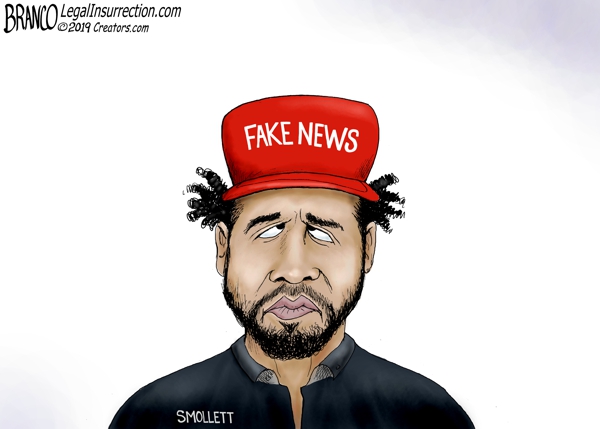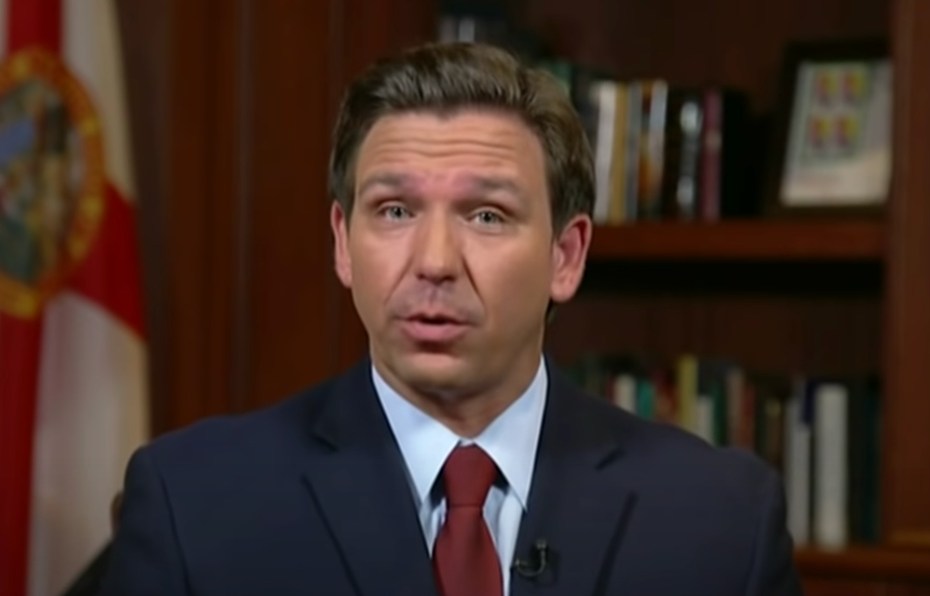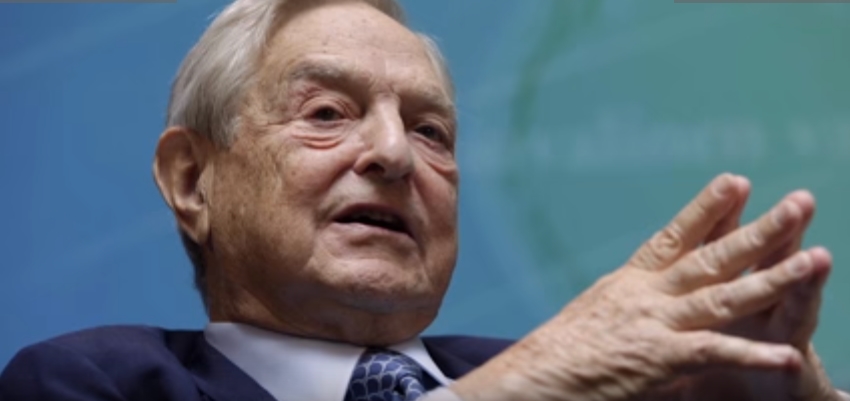A conservative exodus? Tens of thousands of voters are changing their registered affiliations and leaving the Republican Party
02/25/2021 / By Arsenio Toledo

Tens of thousands of registered Republicans have left the party since the incident at the Capitol on Jan. 6.
According to an analysis of voting records in 25 states conducted by mainstream news network The New York Times, nearly 140,000 Republican voters have left the party since the end of January. The paper was unable to conduct an analysis of 19 other states because these did not have registration by party.
According to the California Secretary of State’s office, over 33,000 voters have left the Republican Party since the unrest at the Capitol. In San Diego County alone, over 4,700 GOP voters have left the party.
In Pennsylvania, over 12,000 voters have left the party. In Arizona, at least 10,174 GOP voters had their registrations changed. In Oregon, at least 6,145 residents switched their registration from Republican in January. The biggest spike in departures from the Republican Party came in the first few days after the Capitol incident.
On Jan. 5, 1,020 people left the Republican Party. On Jan. 7, the day after the unrest in Washington, D.C., 3,243 had their registrations changed. In Arizona, a total of 233 Republicans left the party in the first five days of January. In the next week, there were 3,317 departures.
In North Carolina, 3,007 Republicans left the party in the first week after the riot. The next week saw 2,850 departures, and then 2,120 left the party the week after that. Meanwhile, only around 650 Democrats left their party each week.
Most of the voters who left the Republican Party changed their status to unaffiliated instead of moving to the Democratic Party.
Voting experts stated that the data indicated a “stronger-than-usual flight” from a political party after a presidential election. (Related: Canceling the Republican Establishment requires full commitment that will not bend to the coming pain.)
Change in voter affiliation indicative of a wider trend
It is considered normal for voters to change their affiliation right after the presidential elections. Many voters sometimes change their affiliation to the party that won the election. People can also use that time after the election to update their affiliations to correspond with their current party and voting preferences. Some other states also use this time to remove inactive or deceased voters as well as voters who have moved out of the state.
But after the tumult at the Capitol, these normal trends started changing. Michael P. McDonald, a professor of political science at the University of Florida, believes that this unusual activity is “probably a tip of an iceberg.”
“It probably is indicative of a larger undercurrent that’s happening, where there are other people who are likewise thinking that they no longer feel like they’re part of the Republican Party, but they just haven’t contacted election officials to tell them that they might change their party registration,” said McDonald.
“It’s not a birthright and it’s not a religion,” said Kevin Madden, a former Republican operative who worked on the 2012 presidential campaign of Utah Sen. Mitt Romney. “Political parties should be more like your local condo association. If the condo association starts to act in a way that’s inconsistent with your beliefs, you move.” Madden has changed his registration to independent or unaffiliated.
Madden further said that it was too soon to tell if this unique trend of departures from the GOP will spell trouble for the party in the long term. What Republican Party operatives should do is not overlook the numbers, but take it seriously.
“In all the time I worked in politics,” said Madden, “the thing that always worried me was not the position but the trend line.”
Josh Holmes, a political adviser for Senate Minority Leader Mitch McConnell, agrees. “You never want to lose registrations at any point,” he said.
He added that Republican leaders and voters need to find a way to reunite behind “basic conservative principles” and stand up to the administration of Democrat President Joe Biden and his policies that constitute “liberal overreach.”
70 percent of former Republican voters willing to jump ship and join Trump if he formed a new party
A new poll from CBS News/YouGov is suggesting that there is more turmoil up ahead for the Republican Party if President Donald Trump decides to continue his political career.
This poll, conducted from Feb. 5 to 8, showed that a significant majority of Republicans would either strongly consider or outright join Trump if he decided to form a new political party.
The poll showed that 33 percent or a full one-third of Republicans answered “yes” when asked if they would join Trump in a new party. Another 37 percent said “maybe,” meaning that they would strongly consider it. Just 30 percent of Republican voters answered “no.”
These poll numbers show that, while a lot of top Republican officials and lawmakers are working to distance themselves and the party from Trump, the vast majority of GOP voters are still steadfast in their support for the president.
Furthermore, 71 percent of Republicans agree that GOP lawmakers who either voted for Trump’s impeachment or have signaled their willingness to support his conviction are “disloyal.” The other 29 percent said they believed the actions of these lawmakers were “principled.”
Additionally, only 21 percent of Republican voters believed Trump either encouraged or incited the Jan. 6 Capitol unrest.
Learn more about why many formerly loyal GOP voters are suddenly becoming disillusioned with the party by reading the latest articles at VoteRepublican.news.
Sources include:
Tagged Under: Capitol protest, Capitol riot, Capitol unrest, conservatives, Donald Trump, GOP, government, politics, Republican Party, Republican voters, Republicans, Trump Party, voters
RECENT NEWS & ARTICLES
COPYRIGHT © 2017 ALT LEFT NEWS



















